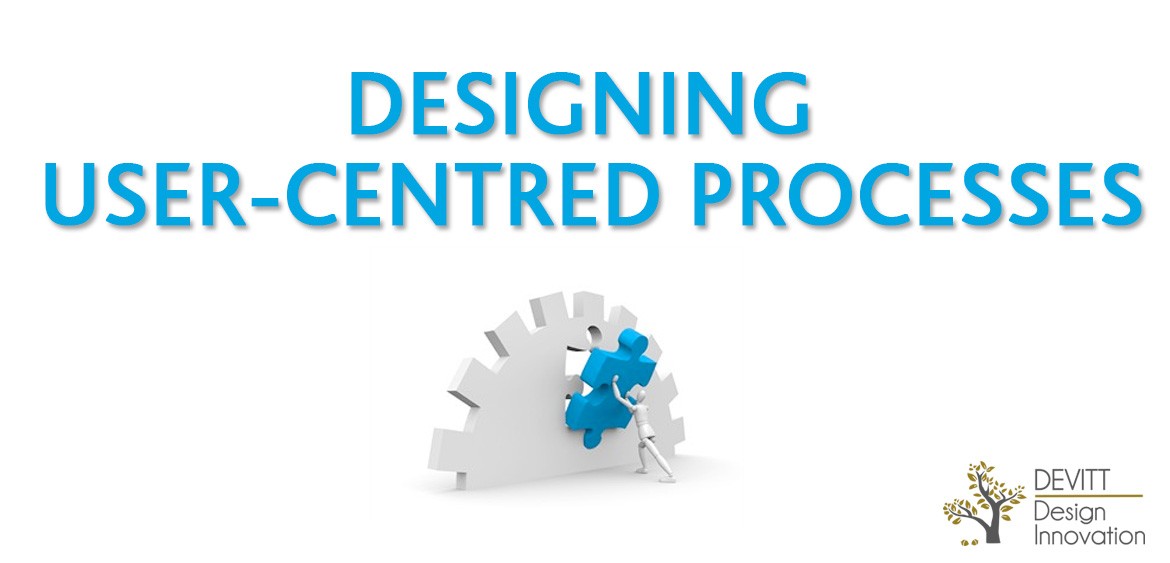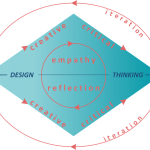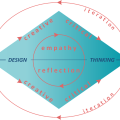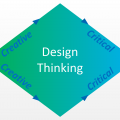Organisational processes are great topics for heated discussion. For some, they represent the epitome of professionalism and objective management. For others they are the last resort of an unimaginative mind and a soulless culture. For me, the truth lies in between, and I like to paraphrase Peter Drucker’s comment comparing culture and strategy by saying that, equally, Culture Eats Process for Breakfast.
I regard process and bureaucracy as fundamentally good, i.e. they are necessary and their absence would lead to chaos, like the rules of the road. But their purpose is to support the overall mission of an organisation and once they begin to go against that purpose on aggregate, that’s when they need to be reined back.
Processes should be servants, not masters. They should serve the mission of the organisation and the people in the organisation who are trying to work towards that mission. Of course there will always be pluses and minuses, swings and roundabouts. But, the problem is that processes tend to have a quasi-organic tendency to self-preservation and management must be constantly vigilant that the process doesn’t take control.
I said processes should serve the people trying to drive the mission. These are the users of the processes. It’s strange therefore that there isn’t much written or practised about ‘user-centred business process design’. I mean, I don’t know of much studies or writing specifically dealing with user-centred business process design in the same way as there are numerous publications, conference and journals on user-centred innovation or product design or service design. I think designing processes within an organisation, for internal users, has its own particular challenges and features that merit study. Maybe, I’ll get back to this sometime.
posted in | Design, Design News, Papers, Research, Reviews







1 Comments:
Sorry, the comment form is closed at this time.